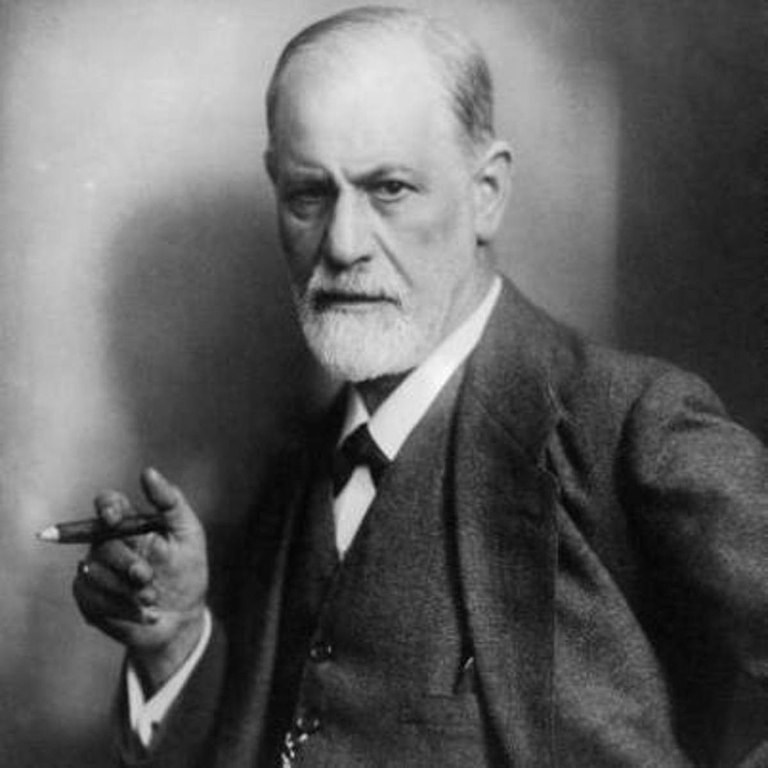
A couple of hundred years ago or a little less, people used to think that small children were mindless animal. This was the prevailing belief in Western cultures until Dr. Sigmund Freud came along. Freud made some significant contributions to psychological thought in regards to the emotional development of children.
He divided early childhood development into three stages: the oral stage, the anal stage, and the phallic stage. The oral stage lasts from birth until the child is 18 months old. During the oral stage, a child is going through a period of dependence, that is to say, the child depends on his or her parents and learns to trust others. The anal stage lasts from 18 months until 3 years of age. During the anal stage, the child is learning to control bowel movements, that is, becoming potty-trained. During this stage, the child learns independence. The phallic stage lasts from age 3 to age 7. During the phallic stage, the child develops his or her sense of sexual indentity.
The first 18 months of a child's life, according to Freud, are critical in the emotional development of a child. If a parent does not adequately communicate affection to his or her child and provide the child without adequate nurturing, then the child's emotional development will be stifled to the point that he or she will be lacking in feelings of trust and dependence in the world. Babies less than 18 months old need to feel safe and secure. They need to see that they can trust their parents to provide them with the necessary essentials of life, such as food, water, clothing, and shelter.
The anal stage, which includes the next 18 months of a child's life are critical in the development of the child's sense of independence and ability to assert control. Poor instruction or excessive instruction in potty-training could lead to the child becoming less able to assert his or her independence later in life.
The phallic stage (from age 3 to age 7) is very important in personality development. The child becomes more aware of his or her sexual identity during this stage. Boys need to become aware that they are not like girls and girls need to become aware of how they differ from boys.
There is a fourth stage of emotional development. It lasts from age 7 to age 12. During this stage, called the genital stage, the basic elements of dependence, independence, and sexual identity coalesce together into an adult character. This fourth stage is preparation for adulthood.
Since the fourth stage is dependent on the first three stages of emotional development, it is imperative that the oral, anal, and phallic stages of a child's development (that is, the first 7 years of his or her life) go well.
These are some of the insights into child development that Freud contributed to modern psychological thought. The first seven years are critical in a child's emotional development according to him. Parents need to provide their babies adequate nurturing and help them develop feelings of trust and security. During the second 18 months of a child's life, parents need to help children develop a sense of independence and control. During the years from ages 3 to 7, children need to discover their sexual identity.

